All viruses mutate constantly, and scientists can identify the different strains.
Coronavirus has mutated into a number of notable strains since the first case was detected in December 2019, with the latest found in Australia believed to originate in Russia.
It has led to 14 day hotel quarantine being extended for dozen of people who don't have the virus, after two people from a Qatar Airways flight that landed in Brisbane last month tested positive for the strain.
LIVE UPDATES: Russian strain found in Australia 'increasing in frequency'
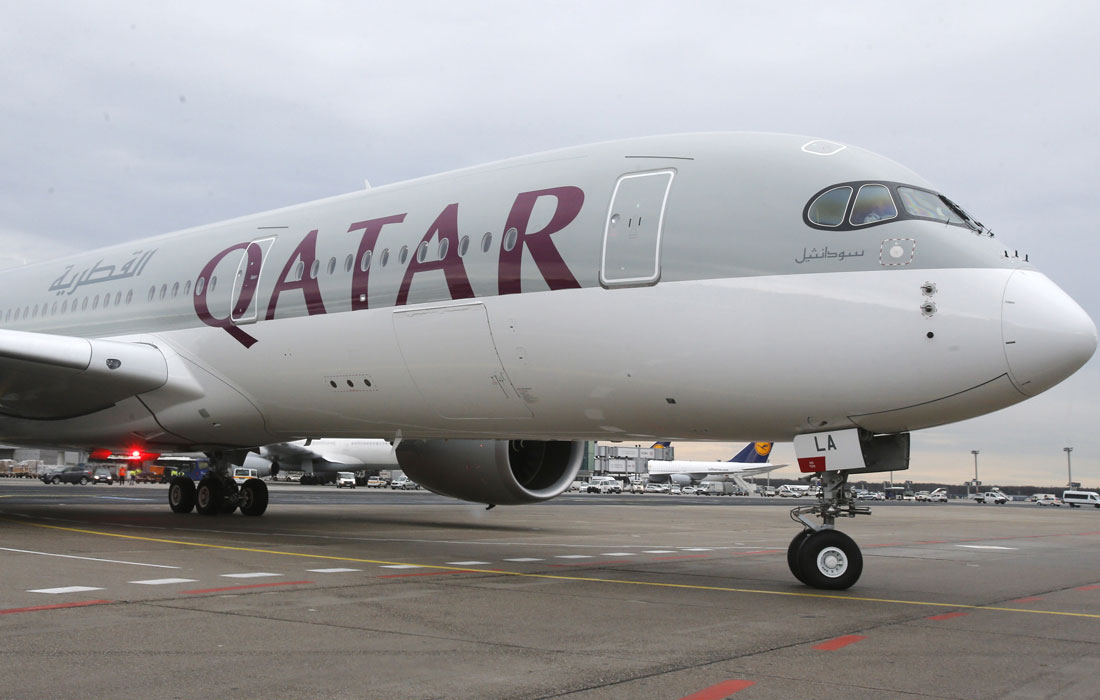
"Whilst this is not considered a variant of concern, little is known about the strain," a letter sent to passengers said.
"Information about the characteristics of these variants is rapidly emerging" America's Centre for Disease Control and Prevention said last month.
"Scientists are working to learn more about how easily they spread, whether they could cause more severe illness, and whether currently authorised vaccines will protect people against them."
Different coronavirus strains
UK strain
This strain, known as B.1.1.7, was first identified in the United Kingdon and has since spread globally, including to Australia where it sparked lockdowns in Perth, Melbourne and Brisbane.
Scientists believe it could be up to 70 per cent more transmissible than others and slightly more deadly. However, more studies will be needed to verify this claim.
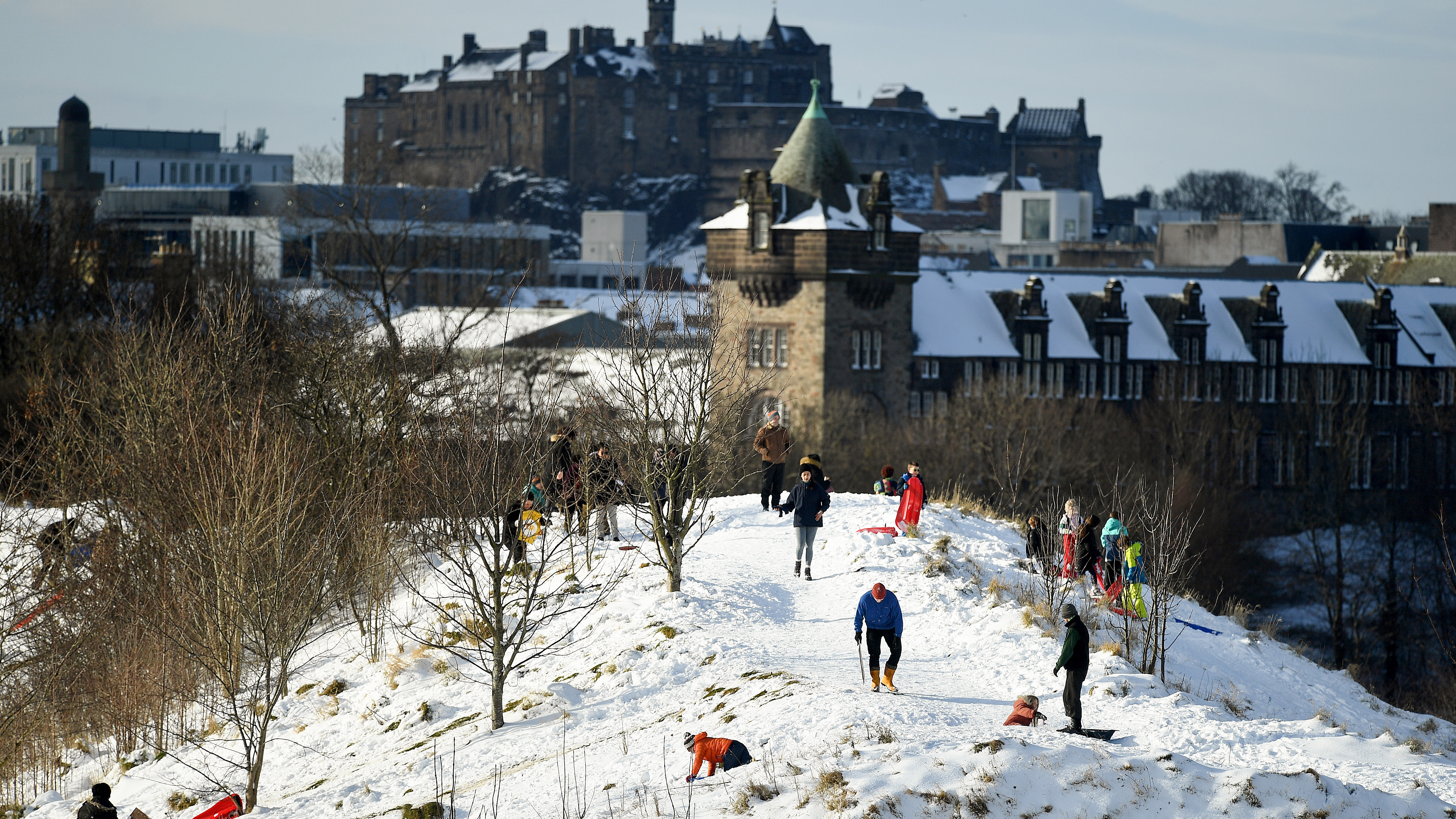
American authorities predict the B.1.1.7 variant will become the dominant strain in the United States this month.
Last month, Germany's Health Minister said the virus variant first detected in Britain last year now accounts for more than a fifth of all positive tests in the country.
South African strain
The B.1.351 strain was first identified in South Africa, where it has become the dominant type infecting local residents.
Cases and deaths in South Africa have started to fall recently after a second surge of the virus. However, the nation is still battling one of Africa's most severe outbreaks, with more than 46,000 people dead.
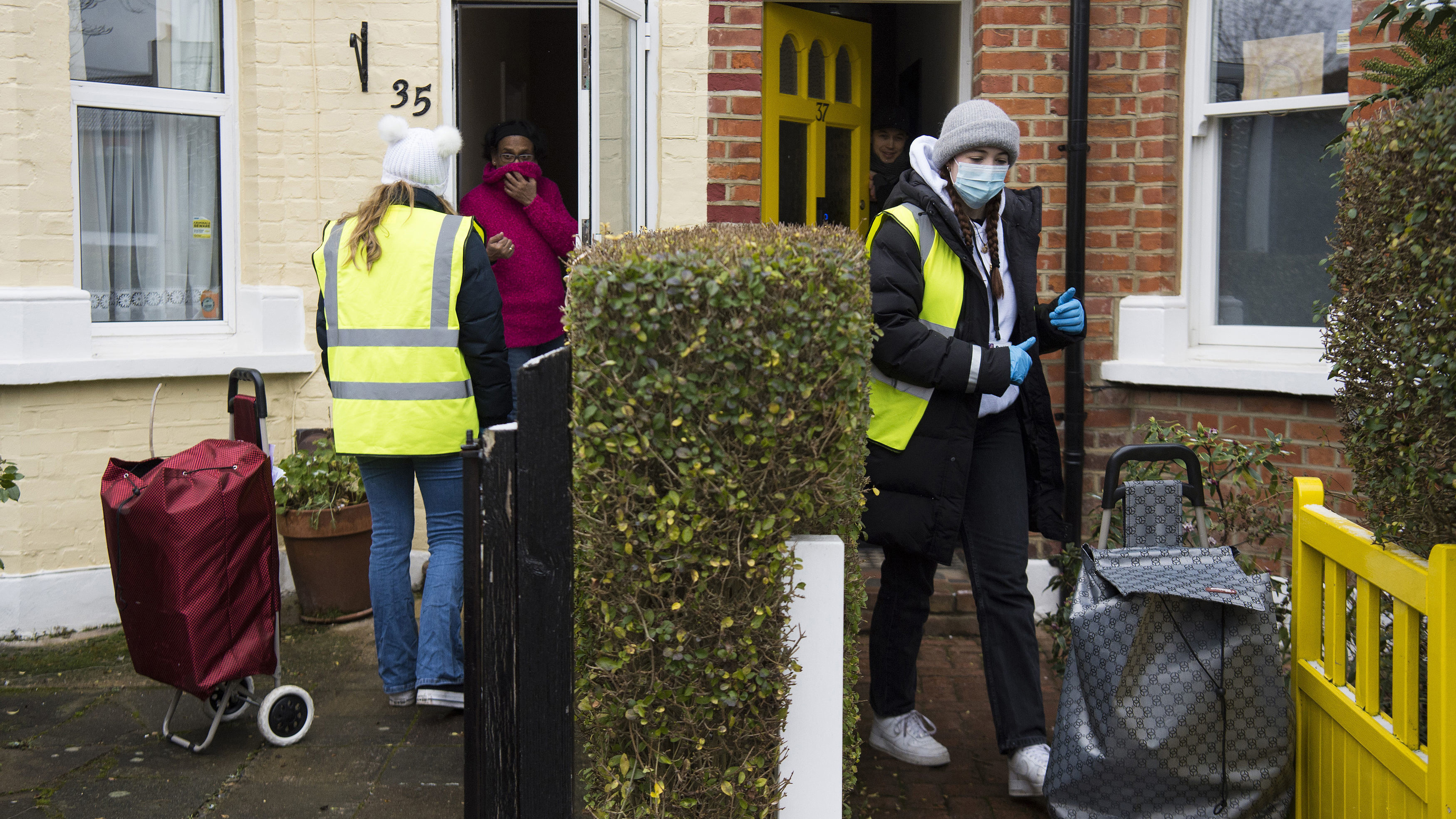
Australia's Chief Medical Officer Paul Kelly has predicted the South African strain to dominate the globe.
The first cases were found in Australia late last year.
South Africa temperately halted the rollout of the AstraZeneca vaccine over the new strain. However, Johnson & Johnson's vaccine has been tested in South Africa and showed to give strong protection against severe illness.
It is now being rolled out to health care workers.
Brazilian strain
The P.1 strain was first detected in Brazil, and is suspected of fuelling a COVID-19 resurgence in the nation. Brazilian authorities said 260,000 people have already died.
The UK is searching for people in the county who have the Brazil strain.
The variant, which was first found in the city of Manaus, appears to be more contagious than other COVID-19 strains.
It can potentially be contracted by someone who was already infected or who has been vaccinated.
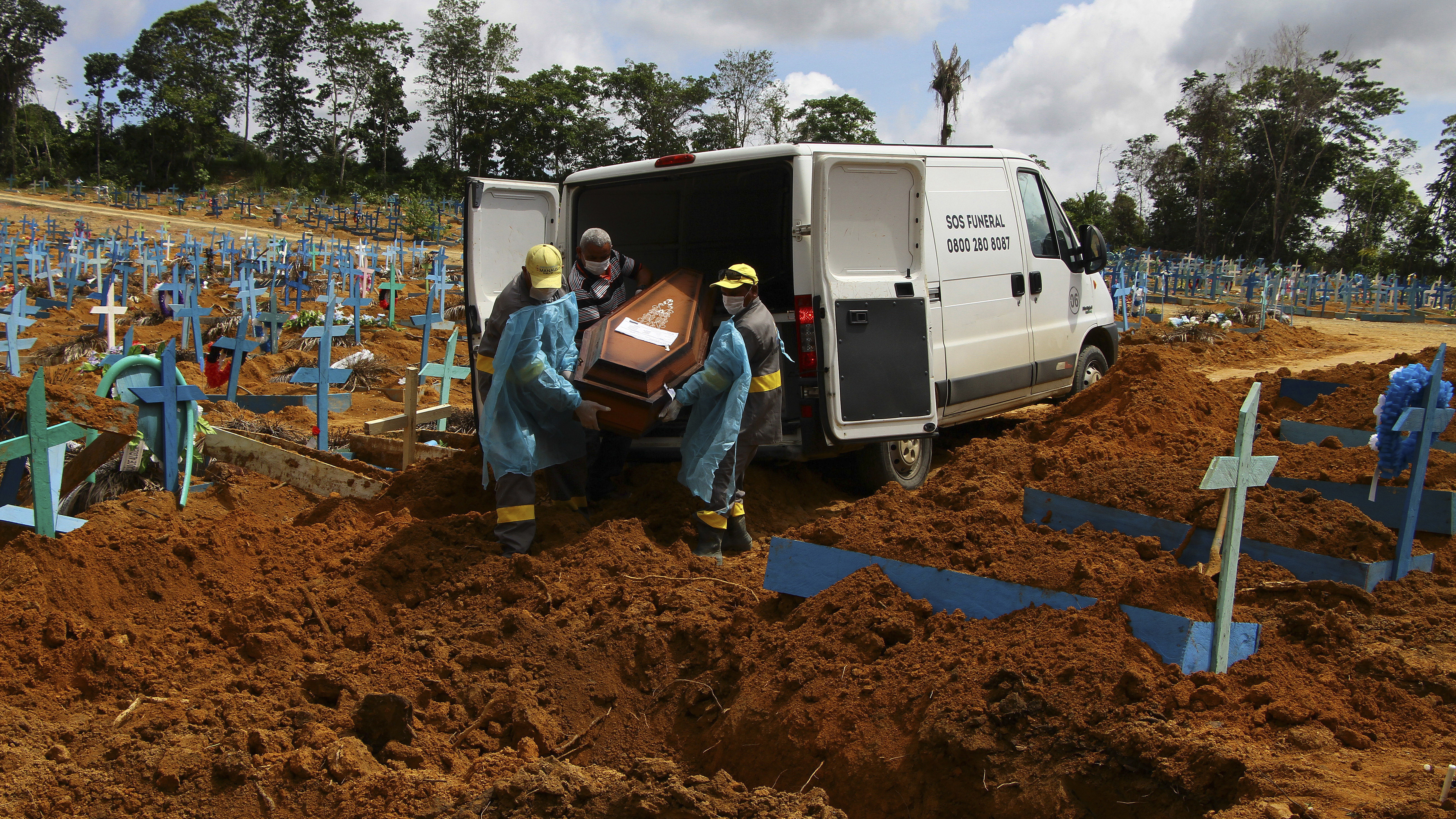
Public Health England said the variant, called P.1 has been designated "of concern", "as it shares some important mutations with the variant first identified in South Africa (B.1.351), such as E484K and N501Y."
READ MORE: America's recent progress with COVID-19 could be wiped out by variants, CDC director says
"It is possible that this variant may respond less well to current vaccines, but more work is needed to understand this," it said
The first case has emerged in America on the West Coast this week, according to medical authorities.
Russian strain
More than 70 Australians who returned from overseas this week had 14-day quarantine extended by five days after two people tested positive for the Russian strain, known as B1.1.317.
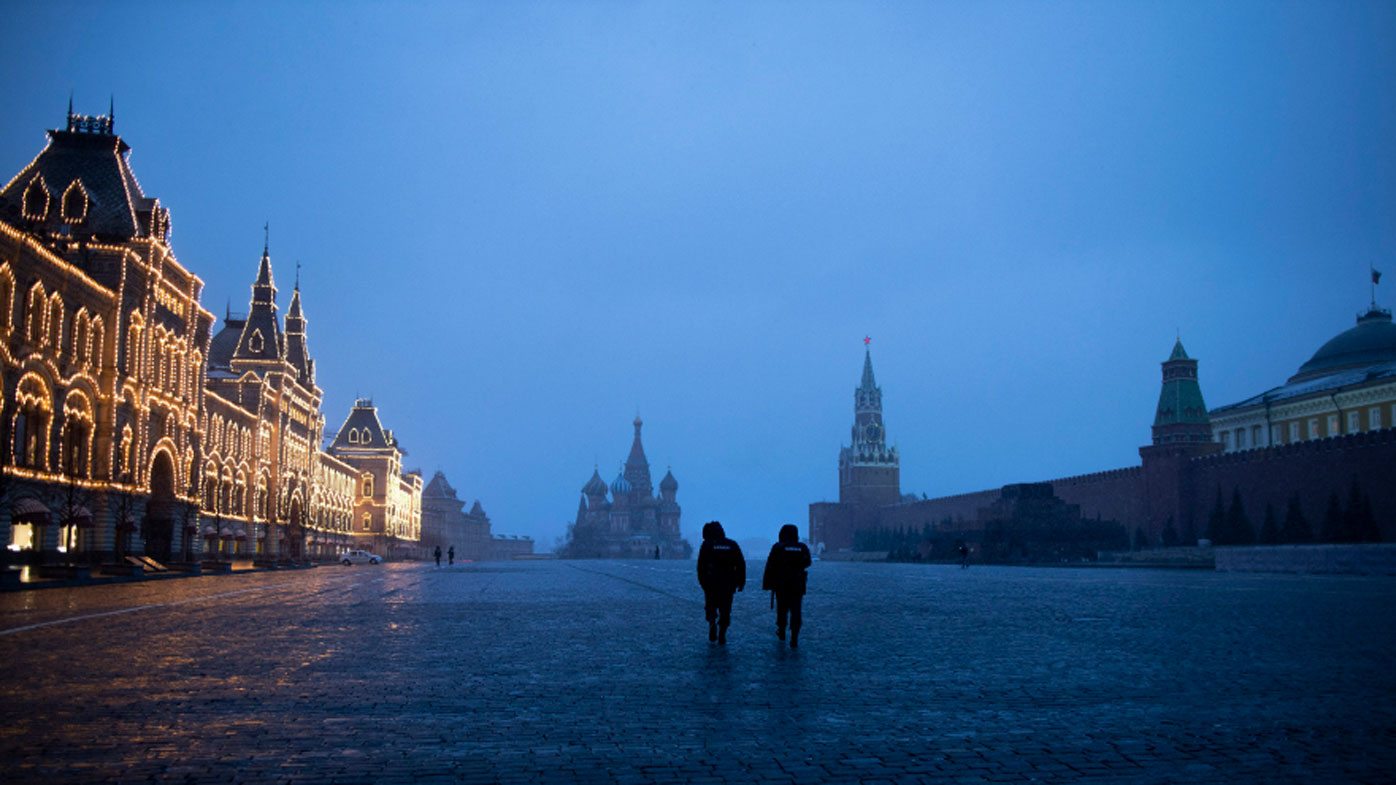
They landed in Brisbane on a Qatar Airways flight.
Australian doctors say they don't know much about the strain yet.
Other strains
Two separate teams of researchers said this week they have found a worrying new coronavirus variant in New York City and elsewhere in the Northeast of America.
It is believed to carry mutations that help it evade the body's natural immune response.
Genomics researchers have named the variant B.1.526. It has appeared in people in diverse neighbourhoods of New York City.
One of the mutations in this variant is the same concerning change found in the variant first seen in South Africa and known as B.1.351.
It appears to evade, somewhat, the body's response to vaccines, as well. And it's becoming more common.
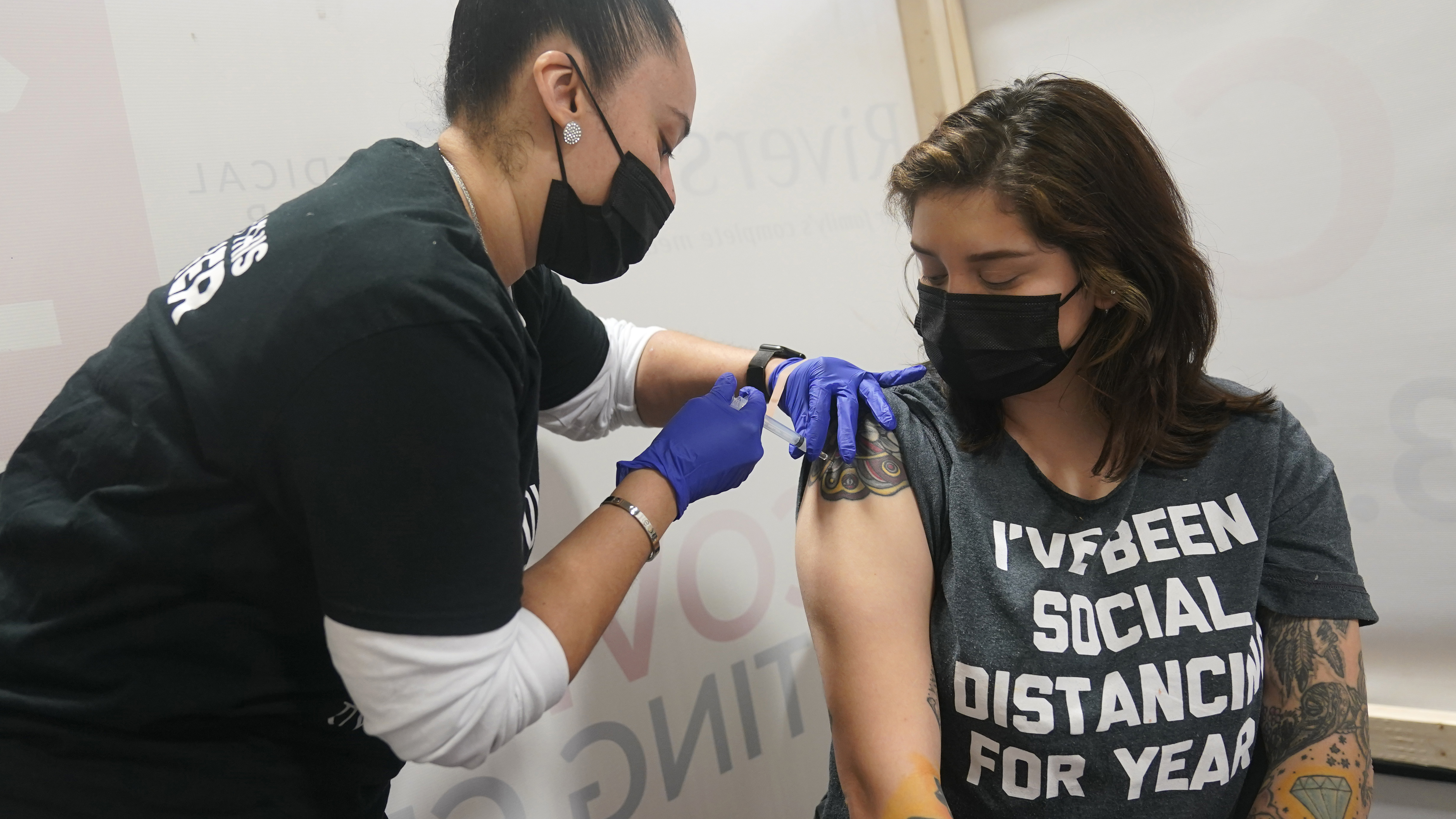
"We observed a steady increase in the detection rate from late December to mid-February, with an alarming rise to 12.7 per cent in the past two weeks," one team, at Columbia University Medical Center, wrote in a report that has yet to be published.
Will the vaccine work against new strains?
The Australian Government said in December that mutations are common in "SARS-CoV-2 and other viruses, and usually do not affect the infectivity or severity of disease".
Authorities also noted there is "no evidence" that variants can cause more severe disease.
"The vaccines procured for Australia induce a broad immune response to protect individuals. There is no evidence at this stage that these vaccines would not be effective against the UK variant."
EXPLAINED: When will I be eligible to receive the coronavirus vaccine?
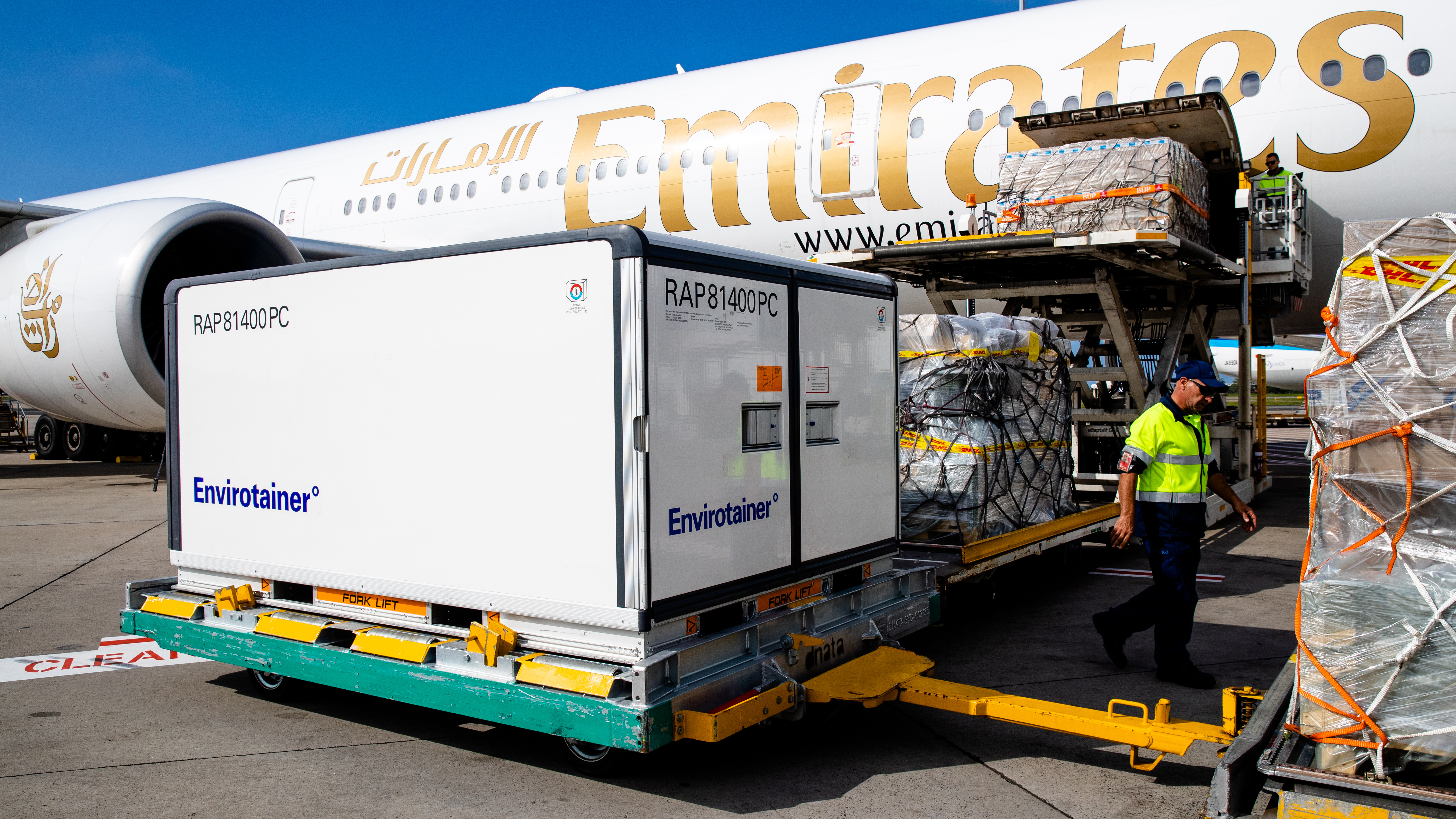
British scientists said there has been "reassuring data" on the effects of the vaccines on variants.
- Reported with CNN, AP
from 9News https://ift.tt/3074n1Q
via IFTTT


0 Comments